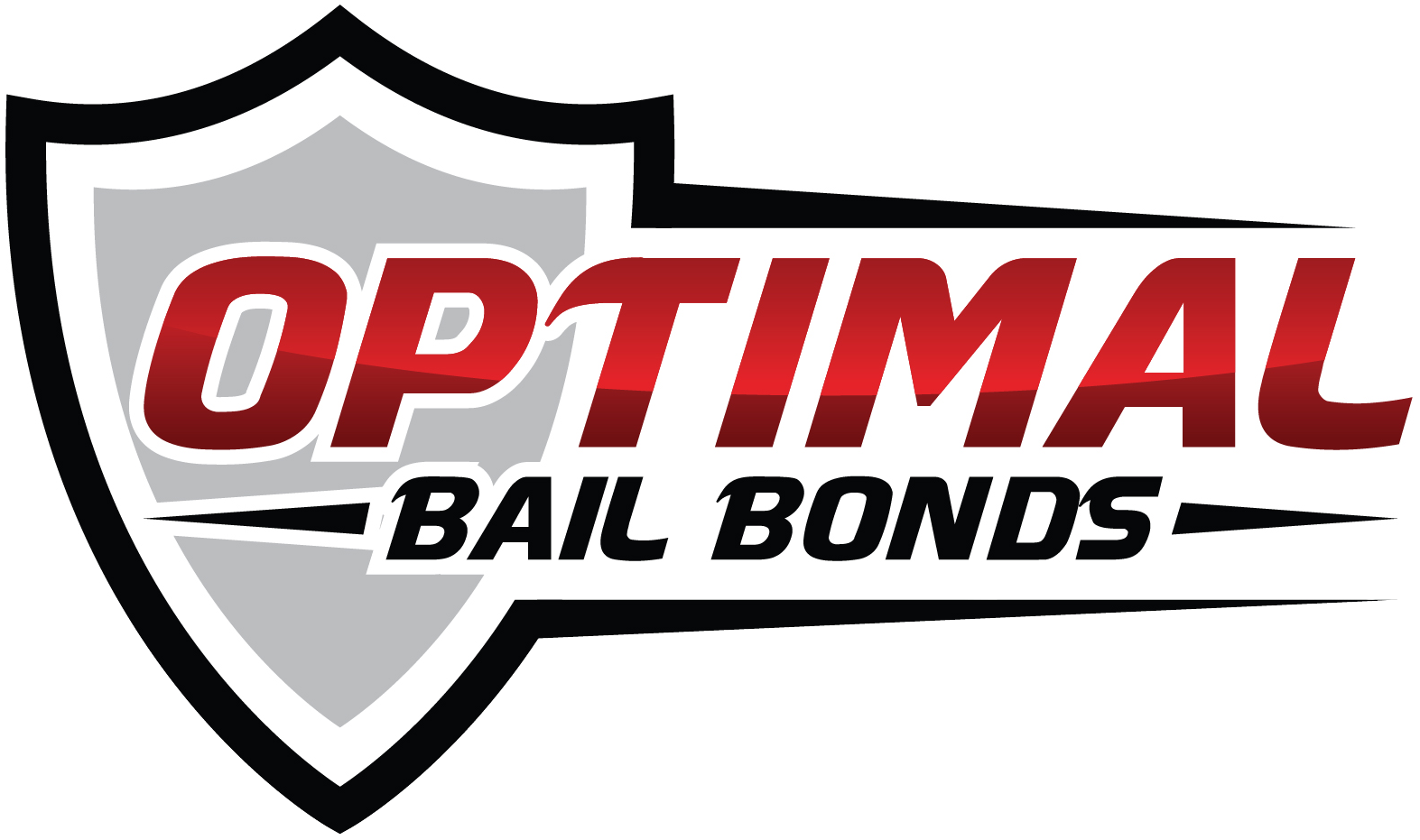If you’ve been thinking about becoming a bail bond agent in Florida, here’s the most important truth you’ll hear all week: the 120-hour pre-licensing course isn’t just a box to check. It’s your playbook for staying legal, ethical, and profitable in a business where one bad decision can spiral into criminal charges, license discipline, and blown trust with the courts.
A recent South Florida case is a sobering reminder. According to an arrest report summarized by WPLG Local 10, two bail bondsmen were accused of bailing out a couple who never hired them, then allegedly harassing and attempting to extort payment afterward; both were arrested on multiple felony counts and ordered to stay away from the victims (wplg.) Florida’s regulatory framework expects better — and the 120-hour class exists to make sure you know exactly what “better” looks like.





